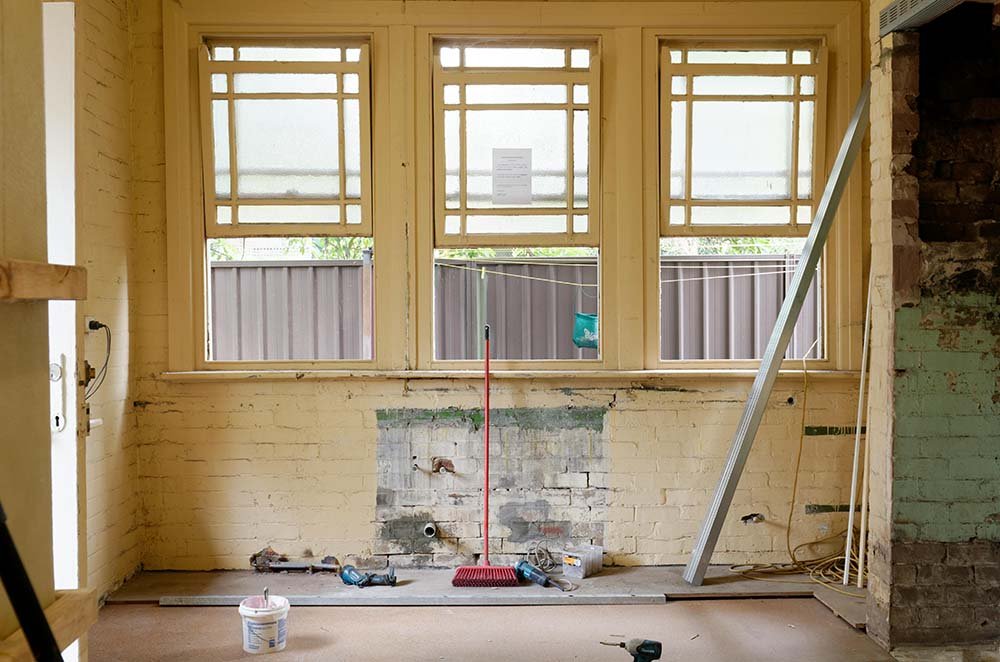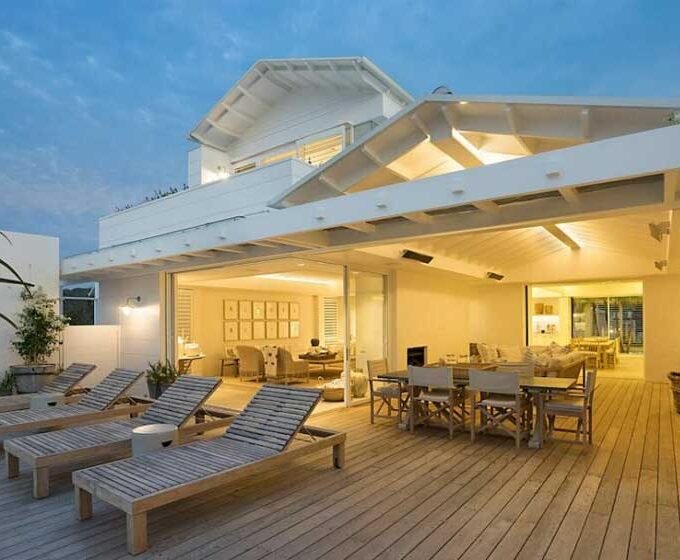Renovating an old home can be exciting. You might look forward to restoring charm and character to a historic property. However, it also comes with its own set of challenges and considerations that are unique to older homes. This guide explains five essential things you need to know about renovating old homes. From structural issues to design considerations, understanding these key factors will help you navigate the renovation process and ensure a successful outcome.
1. Assessing Structural Integrity
One of the first things you need to address when renovating an old home is assessing its structural integrity. Older homes may have outdated or deteriorating structural components that need attention, such as foundation issues, rotting wood, or compromised load-bearing walls. Enlist the expertise of a qualified structural engineer or contractor to conduct a thorough inspection of the home’s foundation, framing, and other structural elements. Be prepared to address any structural issues that are uncovered during the inspection process. Depending on the severity of the problems, you may need to reinforce the foundation, replace damaged framing, or shore up sagging floors. While addressing structural issues can be costly and time-consuming, it’s essential for ensuring the safety and stability of the home for years to come.
2. Upgrading Electrical and Plumbing Systems
Older homes often have outdated electrical and plumbing systems that may not meet modern safety standards or code requirements. When renovating an old home, it’s crucial to prioritize upgrading these essential systems to ensure they’re safe, efficient, and up to code. Hire licensed electricians and plumbers to assess the existing systems and recommend necessary upgrades or replacements. Updating electrical and plumbing systems can improve energy efficiency, reduce the risk of fire or water damage, and increase the overall value of the home. Upgrading to modern fixtures, appliances, and wiring can also enhance the functionality and convenience of the home, making it more comfortable and enjoyable to live in. By investing in these essential upgrades, you can ensure the long-term integrity and livability of your renovated old home.
3. Restoring Historic Details
One of the most rewarding aspects of renovating an old home is restoring its historic details and architectural charm. From original hardwood floors to ornate moldings and trim, preserving these unique features can add character and value to the home while honoring its history. When planning your renovation, research the home’s architectural style and period details to ensure any updates are in keeping with its original design. Work with skilled craftsmen and artisans who specialize in historic preservation to restore and replicate period-specific features. Whether it’s restoring a vintage fireplace mantel or recreating decorative plasterwork, attention to detail is key to maintaining the home’s authenticity and charm.
4. Addressing Moisture and Drainage Issues
Moisture and drainage issues are common challenges in older homes, particularly those with basements or crawl spaces. Poor drainage around the foundation can lead to water intrusion, mold growth, and structural damage over time. When renovating an old home, it’s essential to address these issues to protect the integrity of the structure and ensure a healthy living environment. One key area to focus on is the gutters and downspouts. Properly functioning gutters and downspouts are essential for directing rainwater away from the foundation and preventing water from pooling around the home. Inspect the gutters regularly for clogs, leaks, and damage, and clean them out as needed to ensure they’re working effectively. Gutter installation might be necessary if the home’s gutters are deteriorated or if your home doesn’t have a functional guttering system.
5. Budgeting for Unexpected Costs
Renovating an old home often comes with unexpected costs and surprises along the way. From hidden structural issues to unforeseen complications with plumbing or electrical systems, it’s essential to budget for these contingencies upfront. As a general rule of thumb, experts recommend setting aside an additional 10-20% of your total renovation budget for unforeseen expenses. Be prepared to be flexible and make adjustments to your renovation plans as needed to accommodate unexpected costs or changes in scope. Prioritize essential upgrades and address critical issues before tackling cosmetic updates and non-essential projects as your budget allows. Budgeting for unexpected costs and maintaining flexibility throughout the renovation process can help you avoid financial stress.
Conclusion
Renovating an old home is a labor of love. It requires careful planning, patience, and attention to detail. By understanding the unique challenges and considerations involved in renovating older homes, you can approach the process with confidence and ensure a successful outcome that honors the home’s history while meeting your modern lifestyle needs. From assessing structural integrity to upgrading essential systems and preserving historic details, each step of the renovation journey plays a crucial role in transforming your old home into a timeless and livable space. Let the beauty of your renovated old home shine through with smart renovations.
















